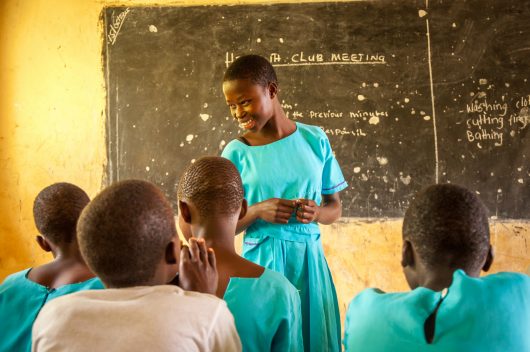
In order to initiate better girls education around the world, the Korean International Cooperation Agency (KOICA) has worked in several countries to improve access to education. In its most recent effort, it granted $6 million to UNICEF in August 2017. The aim of this grant is to assure better health, protection and widespread education for Jordanian children, as well as Syrian refugee children who have found a new home in Jordan.
The funding will be put to a variety of beneficial uses, such as health education, reliable water sanitation, psychological counseling and amplified education for children with disabilities. In addition, specific psychological help will be given to women and girls who may be victims of gender-based violence, discrimination or child marriage.
The funding comes as part of KOICA’s five-year-long, $200 million program, “Better Life for Girls,” which aims to increase the amount of girls in schools in developing countries, better the quality of the education they receive and ensure that no girl is victim to being treated unfairly or receiving a lesser education on account of her gender.
In July of 2016, KOICA brought the “Better Life for Girls” program to Uganda, pledging $5 million to adolescent girls’ education over the course of two and a half years. They promised an emphasis on technology, educating parents as well as children on the harm of early pregnancy and child marriage and encouraging men and boys to join the efforts in reducing abuse and mistreatment of women.
As KOICA points out, almost 62 million girls cannot go to school. Poor families in third-world countries often prioritize boys’ education over girls, who are forced to drop out of school or forgo attending altogether. Many girls are needed at home, are subjected to child marriage, or become pregnant at a young age, restricting their ability to get an education. The Uganda Demographic and Health Survey states that one in four girls from ages 15 to 19 is pregnant or has a child, meaning that she often cannot go to school.
But it is education that will empower women to be able to make decisions about their own health, to start a lucrative career that will allow her independence, and to contribute to her own future and her society’s future with her intellectual prowess. Not only does KOICA wish to encourage this, the agency wants to spread awareness about the unfair treatment of girls at schools in developing countries and explore their untapped potential.
Another effort from the “Better Life for Girls” program was made in the Gaza strip in February of 2016. KOICA pledged $500,000 to the United Nations Relief and Works Agency for Palestine Refugees in the Near East. The UNRWA’s technical and vocational education and training program helps highlight job opportunities and provides training in those areas to Palestinian refugees in Gaza, particularly women. KOICA’s contribution enabled the UNRWA to reevaluate its program and ensure that it would guide bright and innovative refugees to employment.
The “Better Life for Girls” program serves to remind that there is no limit to the new heights that may be reached with more women at the helm, with more girls learning how to make society a better place, with more female minds behind the world’s newest inventions, political advancements, medical discoveries and more.
Expanding girls education will improve the community and open the world to millions more people who have the potential to lead, create, heal and discover. It will change the world for the better.
– Charlotte Armstrong
Photo: Flickr
[hr]
Learn about the Protecting Girls Access to Education in Vulnerable Settings Act.
[hr]


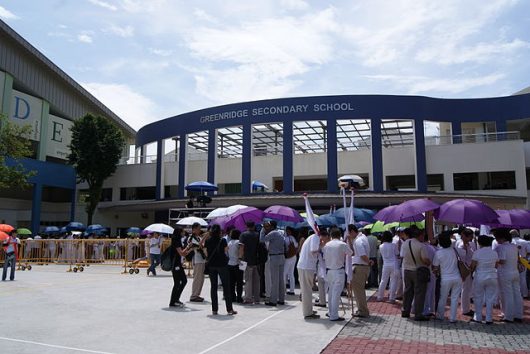
 The education system in Ghana is well known for maintaining the ignorant practice of marginalizing children, especially disabled children, from getting an education. Children who are girls, disabled, of an ethnic minority, and/or of the lower class are consistently neglected by the education system. Approximately 100,000 Ghanaian kids aged six to 14 have a disability. More than 30 percent, or 16,000, of those 100,000 kids are not getting an education.
The education system in Ghana is well known for maintaining the ignorant practice of marginalizing children, especially disabled children, from getting an education. Children who are girls, disabled, of an ethnic minority, and/or of the lower class are consistently neglected by the education system. Approximately 100,000 Ghanaian kids aged six to 14 have a disability. More than 30 percent, or 16,000, of those 100,000 kids are not getting an education.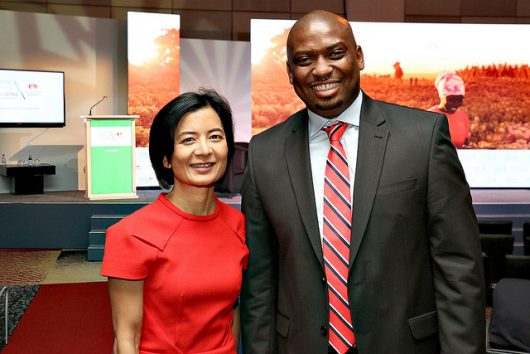 The MasterCard Foundation and the African Bank have created programs to teach students soft skills needed in their futures. In this way, Africa pushes teaching soft skills in secondary schools to prepare youth for employment.
The MasterCard Foundation and the African Bank have created programs to teach students soft skills needed in their futures. In this way, Africa pushes teaching soft skills in secondary schools to prepare youth for employment. With a long history of providing insufficient schooling for children, the Caribbean education system is making progress in improving its conditions. According to former Minister of Education Ronald Thwaites, Caribbean countries are in need of “a new kind of school.”
With a long history of providing insufficient schooling for children, the Caribbean education system is making progress in improving its conditions. According to former Minister of Education Ronald Thwaites, Caribbean countries are in need of “a new kind of school.”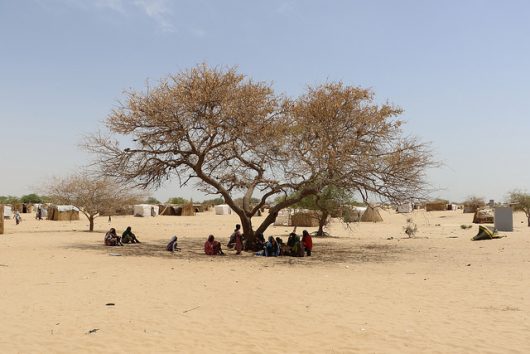 Since 2015, Niger has been subject to attacks by jihadist group Boko Haram. In 2016, Niger launched a new political initiative: a de-radicalization and
Since 2015, Niger has been subject to attacks by jihadist group Boko Haram. In 2016, Niger launched a new political initiative: a de-radicalization and 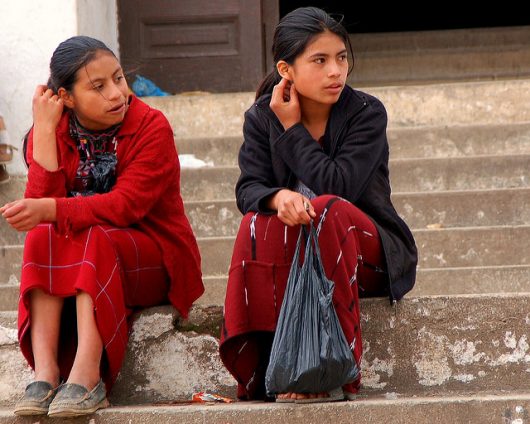 Each day, 33 people become entrapped by
Each day, 33 people become entrapped by 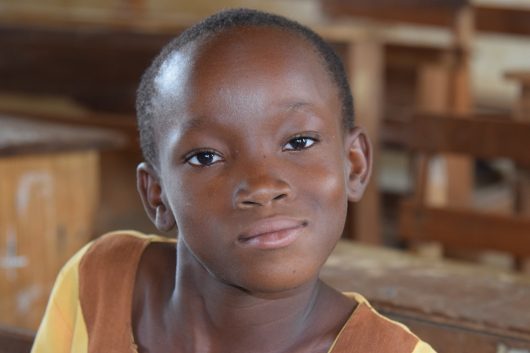 Around the world, children with disabilities are faced with many challenges that can hinder their success and well-being. In Ghana, children with mild to moderate disabilities are often
Around the world, children with disabilities are faced with many challenges that can hinder their success and well-being. In Ghana, children with mild to moderate disabilities are often 